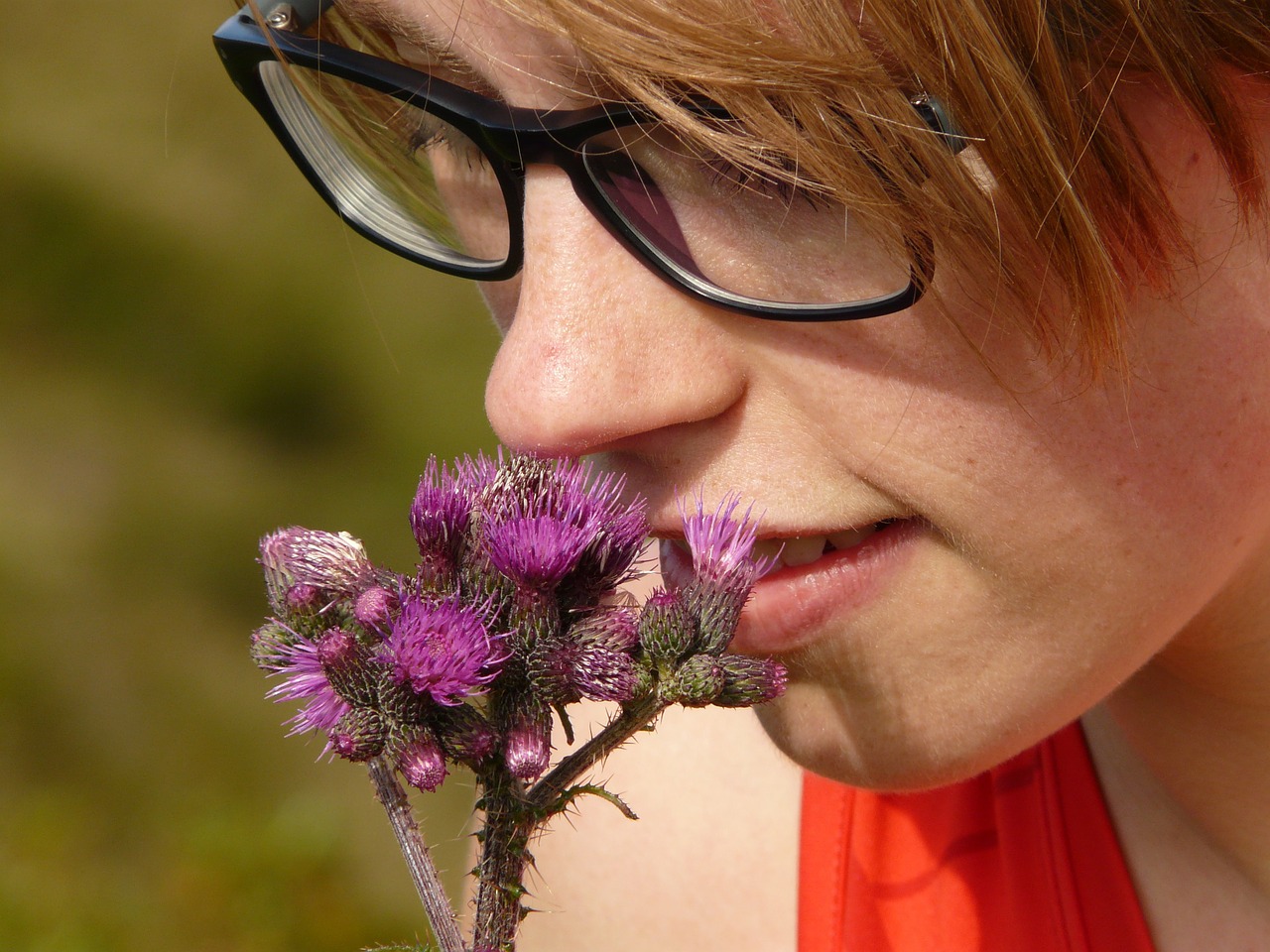I started my delight project on March 5th. I’ve yet to decide if it was the absolute worst timing or perhaps the absolute best. At the time the Coronavirus was somebody else’s issue. Soon after I started, things escalated quickly and today, of course, we’re facing serious things that makes delight hard to find. No matter the timing of this, I’m forging ahead.
While words and language have always mattered, I feel as information and ideas are so freely accessible and shared, it may be more important than ever to be clear about what we mean.
You can read a couple of posts of mine on language and words. As you can see, I can get worked up about the improper use of words. Another example of this is the work and thinking I’ve done around joy. Often people come up to me after I present and swap out the words “fun” and “happy” for joy. While I’m not opposed to having fun and being happy, that’s not really what I mean when I talk about joy. The definition I most often use is around the expression of well-being. Being well and in a good place is closely associated with fun and happiness but it’s much bigger.
As I started writing about delight, I think people often equate it with gratitude and joy. Again, they are related but different. I would argue the delight is the small, specific things that can lead to joy and gratitude. However, there are many things I’m grateful for that I don’t consider delightful. As well, joy is about well-being and isn’t always about delight. Delight is very specific that that immediately brings a smile to your face or warm emotion. It can include surprises but also routines. I’m concerned that we sometimes miss things that bring us delight because we don’t pause to acknowledge it. Somehow, it’s more natural for us to fixate on negative things and delight requires us to spend time uncovering goodness.
Richard Rohr, a Jesuit priest says,
Neuroscience can now demonstrate the brain indeed has a negative bias; the brain prefers to constellate around fearful, negative, or problematic situations. In fact, when a loving, positive, or unproblematic thing comes your way, you have to savor it consciously for at least fifteen seconds before it can harbor and store itself in your “implicit memory;” otherwise it doesn’t stick. We must indeed savor the good in order to significantly change our regular attitudes and moods. And we need to strictly monitor all the “Velcro” negative thoughts.
https://cac.org/turning-toward-the-good-2016-02-18/

Delight is about savouring. Writing this serious helps me to savour delight. (I also take delight in knowing that I’m using the Canadian version of savour, while he used the American version)
Do you have any words or idea that you savour?



